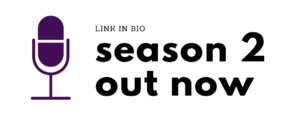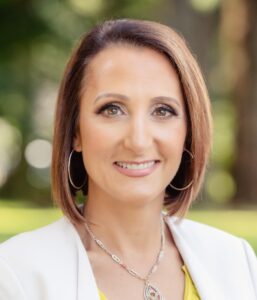
WHRI Symposium: Call for posters
The Women’s Health Research Institute (WHRI) is now accepting submissions for the poster session that will take place at the 6th Annual WHRI Symposium on

The Women’s Health Research Institute (WHRI) is now accepting submissions for the poster session that will take place at the 6th Annual WHRI Symposium on

We’re back with another season of the @WomensResearch podcast! Episode one features Dr. Ahmed Al-Rawi and Dr. Julia Smith, investigators on the Gender & COVID-19

Written by: Alexandra Baaske COVID-19 RESPPONSE (Rapid Evidence Study of a Provincial Population Based Cohort for Gender and Sex) is a research study being led

In March of 2020, as international concern mounted over COVID-19, maternity care providers across Canada came together to address the care of pregnant women and

By Genevieve Breau Mental illness, including depression and anxiety, is a serious challenge for new parents, both in British Columbia and across Canada. According to

Dr. Brotto’s project, eSense, is an online psychological intervention that aims to deliver treatment programs for women experiencing sexual dysfunction. With this award, the eSense
The Women’s Health Research Institute would like to acknowledge that we are uninvited guests on the unceded ancestral territories of the xʷməθkwəy̓əm (Musqueam), Skwxwú7mesh (Squamish), Stó:lo, and sel̓íl̓witulh (Tsleil-waututh) Nations.
As a provincial research institute committed to improving the health outcomes of women, including those across the 2SLGBTQIA+ spectrum, we recognize our responsibility in the collective effort towards establishing culturally safe health care systems and services that address health inequities among Indigenous peoples, especially Indigenous women, girls, and Two-spirit peoples.
We encourage all people involved in research to read both the Truth and Reconciliation Commission of Canada: Calls to Action and the In Plain Sight Report, and reflect on ways we can incorporate the recommendations into our work. As we gather in spaces together, we encourage you to reflect on your positionality on these lands and your personal commitments to reconciliation.